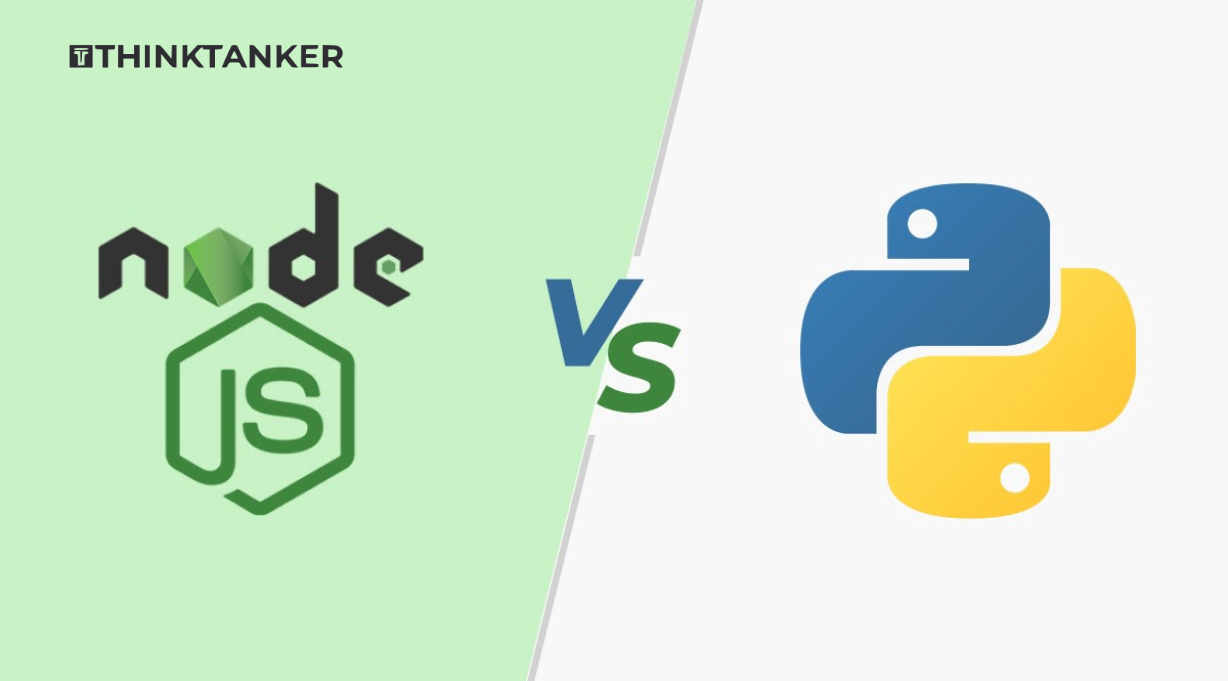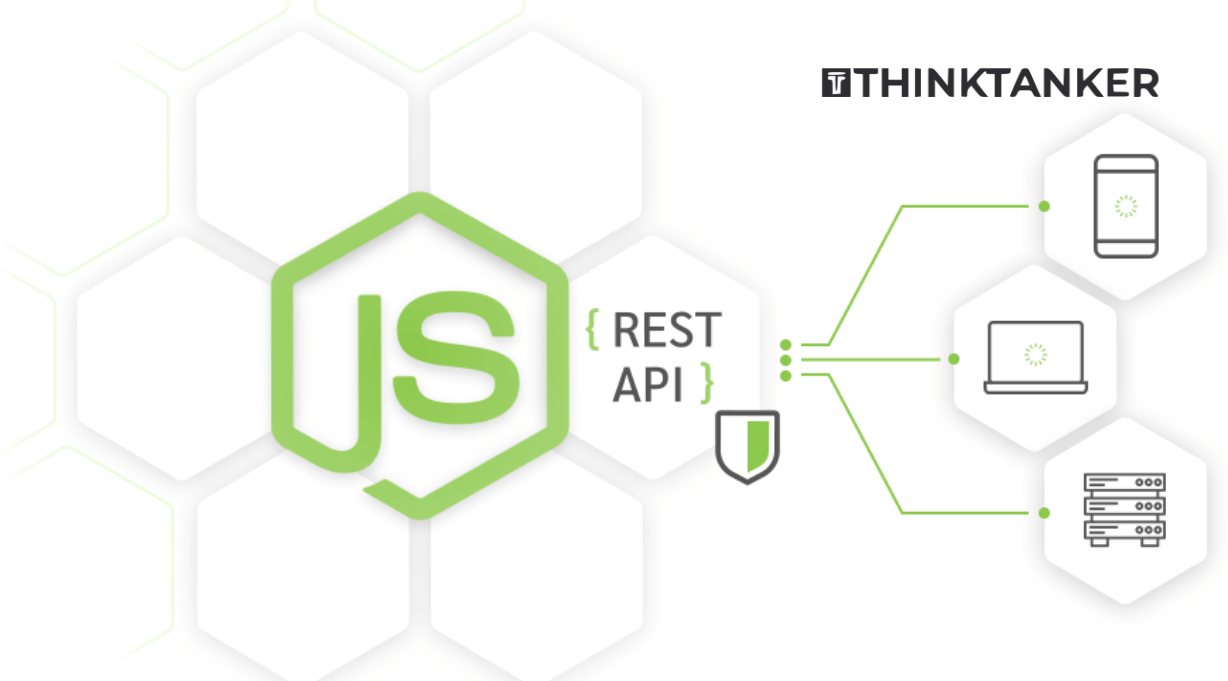Should You Choose Node for Enterprise Application Development in 2023?

NodeJs is a robust runtime environment built on top of JavaScript, and it has become quite widespread in recent years. It simplifies the process of creating high-performing, scalable, and real-time applications for nodejs programmers. We’ll find out if NodeJs is still a good fit for building enterprise applications in 2023.
What is Nodejs Development?
The term “Nodejs development” is used to describe the practice of developing programmes on the NodeJs platform. NodeJs is a free and open-source JavaScript runtime environment that can be used across several platforms to create JavaScript-based server-side applications. Because of its optimised speed, scalability, and efficiency, NodeJs is well-suited for the development of real-time, high-performance Enterprise level programmes including web apps, chatbots, streaming services, and more. When you hire nodejs programmers for the Nodejs development, they may create full-stack apps with just Nodejs since it runs on the server and communicates with clients via APIs.
Some Benefits of Utilising NodeJs in Enterprise Applications Include:
Scalability
Since NodeJs can easily grow to accommodate a large number of users, it is well suited for usage in enterprise-level applications.
Speed
NodeJs is exceptionally quick in comparison to other programming languages since it is based on Google’s V8 JavaScript engine. Because of this, it is well-suited for the development of real-time applications like chatbots and streaming services.
Massive Community
There is a huge and active nodejs experts community for NodeJs, so you will have access to a plethora of resources and help while creating apps.
Microservices
Because of its flexibility and adaptability, NodeJs is finding widespread adoption in the corporate app development community as a microservices architecture. Using this structure through hiring experienced nodejs programmers, you may partition large programmes into simpler subsystems.
In terms of performance, it is exceptional.
In general, today’s computer systems are built to speed up tasks that rely heavily on the central processing unit (CPU).
Using Nodejs, we can take advantage of its many capabilities, such as parallelization via an event loop, which enables our application to respond to external events in a well-coordinated fashion. It also allows functions to run in parallel without slowing down the application’s synchronous actions.
It operates on a unified code base.
Many diverse components are generally produced based on separate development teams, which is a big issue in traditional corporate application development. When many groups are tasked with developing different parts of a solution, it can be difficult to guarantee that everything works together smoothly.
With NodeJS, we can design apps that are composed of modular components that may be reused across projects while sharing a common codebase. Another benefit of using NodeJs is that it enables us to create a single application with many entry points, which simplifies the task of ensuring code consistency.
Supports a wonderful environment.
There is a lot of complexity going on behind the scenes of the average business application. For the success of such apps, a solid ecosystem is required. The developer community, supporting tools, and libraries that surround NodeJsmake it possible for us to create enterprise-level software.
In addition to its default modules, NodeJsalso offers a rich ecosystem of third-party add-ons (like HTTP, fs, path). Nowadays, there are hardly any dependable solutions for Enterprise Application Development when it comes to programmes that might offer these traits. And if these features are important to them, they’ll require knowledge of both front- and back-end programming to achieve their goals.
The Drawbacks of Implementing NodeJs in Enterprise Applications are:
Concerns About Safety
Although it has numerous advantages, NodeJs is not completely safe from security flaws. It is the responsibility of the development team to identify vulnerabilities and take corrective action.
Outcome Costs
While NodeJs is quick, there are cases where it slows things down. NodeJs may struggle with apps that need a lot of CPU time. As a result, you may need a lot of investment in terms of time and money for nodejs development.
Large Organisations Deploying Node.JS
NodeJs Development has undergone significant evolution during the past decade. During its time, it was cutting edge in the technological world. Once the province of techies and those otherwise well-versed in the latest and greatest, Node.js has recently attracted the attention of Fortune 500 businesses like Netflix, PayPal, and NASA due to its speed and scalability.
Facts and Figures That Make Node.JS Unbeatable
Listed here are a few of the mind-blowing features of Node.JS.
- Used by over 20 million websites throughout the world and over 6 million in the United States
- It serves as eBay’s primary backend and AliExpress’s backend as well.
- The loading time can be cut in half or more with its aid.
- It’s one of the best options for new businesses.
- As much as 85% of the Software Industry Relies on It for Building Websites and Mobile Applications
- Enterprise applications account for 43% of its use.
Conclusion
In conclusion, Node.js is a robust and flexible platform that excels at building enterprise-level software. For enterprises in need of fast, scalable, and reliable application development, it is hard to do better than Go. It is crucial to weigh the benefits of this approach against the potential security risks and performance hit. Whether or not you should utilise Node.js for corporate application development hinges on the unique requirements of your company and the kind of the application you’re building.




